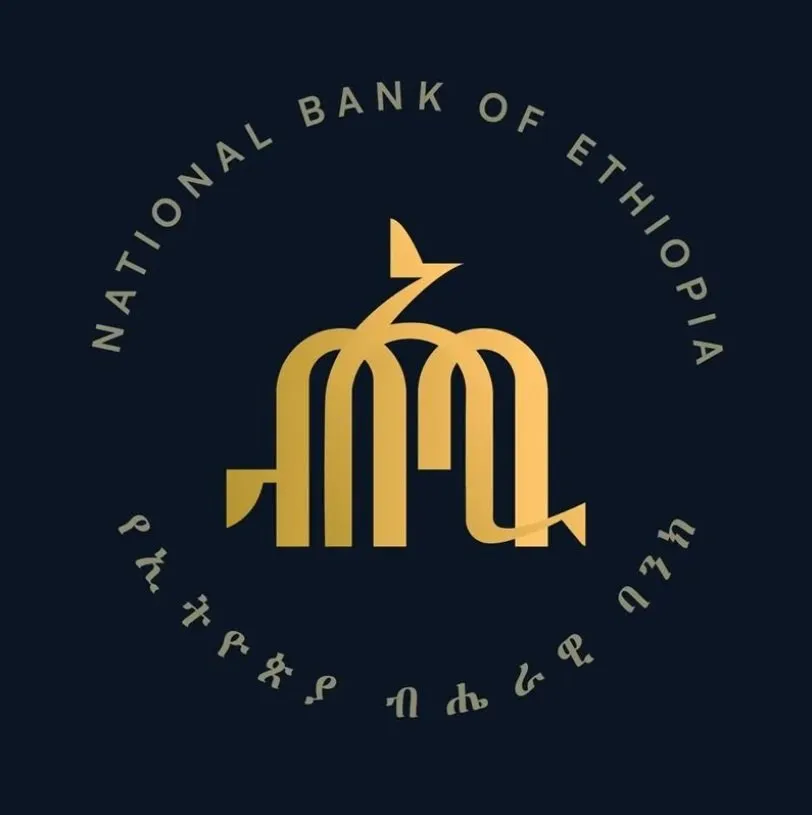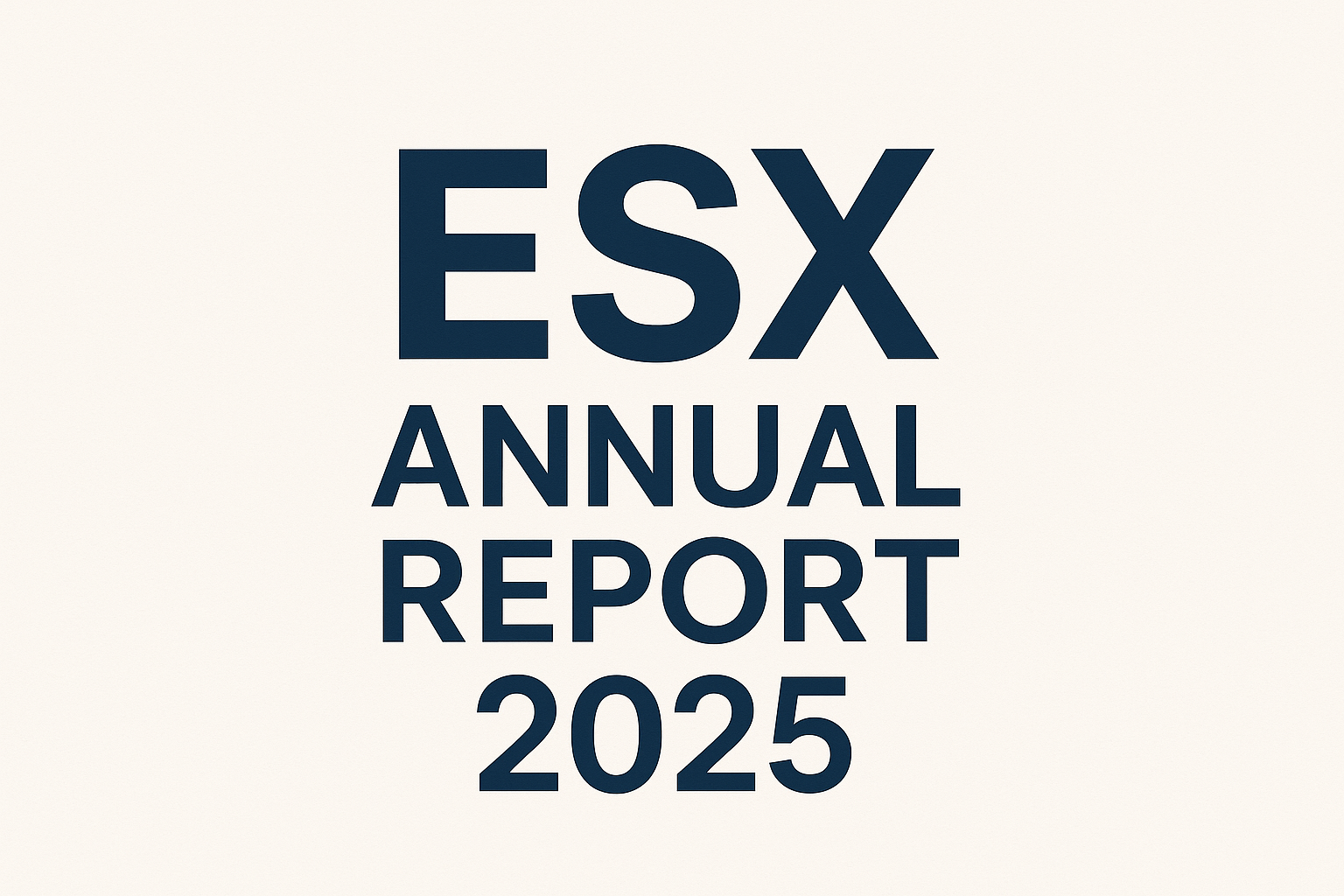Ethiopian Banks Urged to Offer Tailored Financial Products to Boost Inclusion
Addis Ababa, July 16, 2025
A new report by Backbase, a global leader in innovative banking solutions, has called on Ethiopian banks to develop tailored financial products to better serve women, rural users, and small and micro enterprises (SMEs). The report emphasizes that a customer-centric approach is essential for expanding financial inclusion and unlocking economic growth in Ethiopia.
The Need for Customized Banking Solutions
The report highlights significant gaps in Ethiopia’s financial sector, where traditional banking services often fail to meet the needs of underserved populations. Many women still manage money without mobile tools, small businesses struggle to access credit, and rural communities rely on informal financial workarounds.
Backbase’s report suggests that banks should move beyond generic offerings and instead design products that cater to specific customer segments:
– For women: Microloans, flexible savings plans, and digital wallet tools for daily expenses.
– For SMEs: Unified business and personal banking accounts, credit linked to digital sales, and self-service onboarding.
– For rural users: Voice-enabled banking interfaces, tiered identity verification (KYC), and offline mobile money options.
“A tailored value proposition is a customer-centric approach to delivering financial services that address the specific needs, pain points, and aspirations of distinct market segments,” the report stated.
Financial Inclusion as a Growth Opportunity
Ethiopia’s banking sector has seen steady expansion, but millions remain excluded from formal financial services. The report argues that bridging this gap is not only a social imperative but also a business opportunity for banks.
“Bringing more people into the system benefits everyone. It’s a chance for banks to drive real impact, open new markets, and build the kind of trust that grows over time,” the report noted.
Backbase also stressed that financial inclusion goes beyond mere access it requires solutions that are relevant and adaptive to users’ daily lives. “For underserved customers, relevance matters just as much as availability. Personalization, not just digitization, is what makes the difference,” the report added.
Regulatory and Industry Response
The National Bank of Ethiopia (NBE) has been pushing for reforms to enhance financial inclusion, including the introduction of mobile money interoperability and the potential liberalization of the banking sector to foreign players. While some local banks, such as Awash Bank and Dashen Bank, have begun launching specialized products, the report suggests that more innovation is needed particularly in digital banking to reach Ethiopia’s unbanked populations.
Fintech startups are also playing a growing role by partnering with traditional banks to expand mobile-based financial services. However, challenges such as low financial literacy, limited digital infrastructure, and regulatory barriers remain obstacles to widespread adoption.
The Path Forward
As Ethiopia continues its economic reforms, the push for tailored banking products could be a key driver of inclusive growth. By designing solutions that align with the realities of women, SMEs, and rural users, banks can foster greater financial participation and economic resilience.
“Financial inclusion is about more than access. It’s about giving people the tools to participate, grow, and thrive,” the report concluded.
With Ethiopia’s economy evolving and digital adoption rising, the banking sector has a critical opportunity to redefine its role ensuring that financial services are not only available but truly accessible to all.







